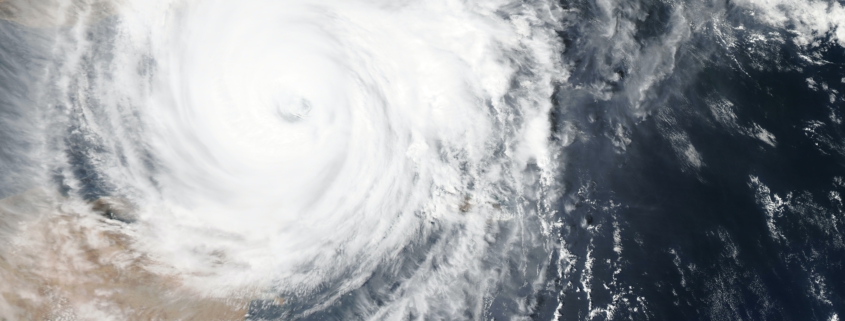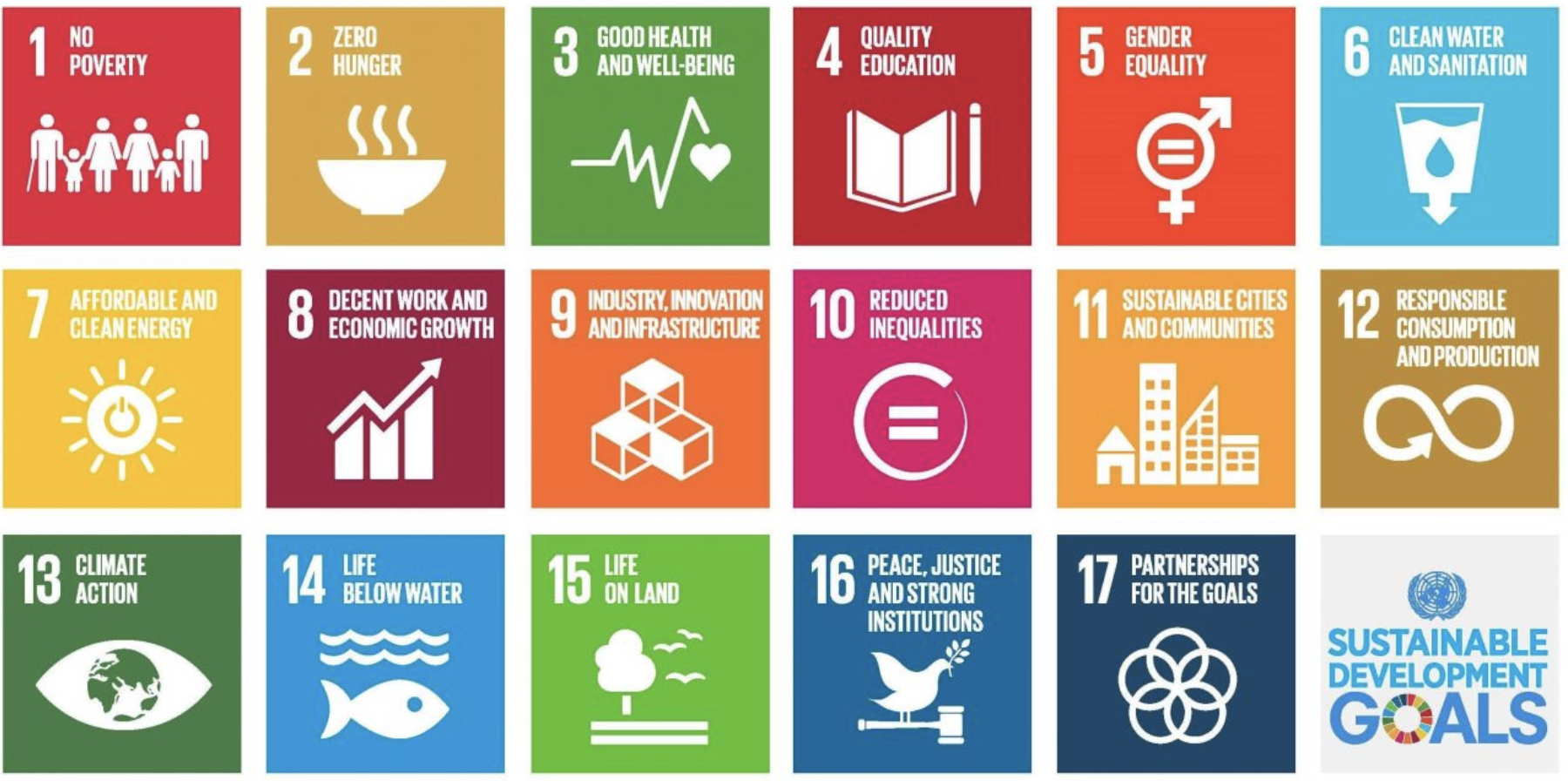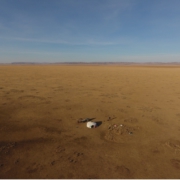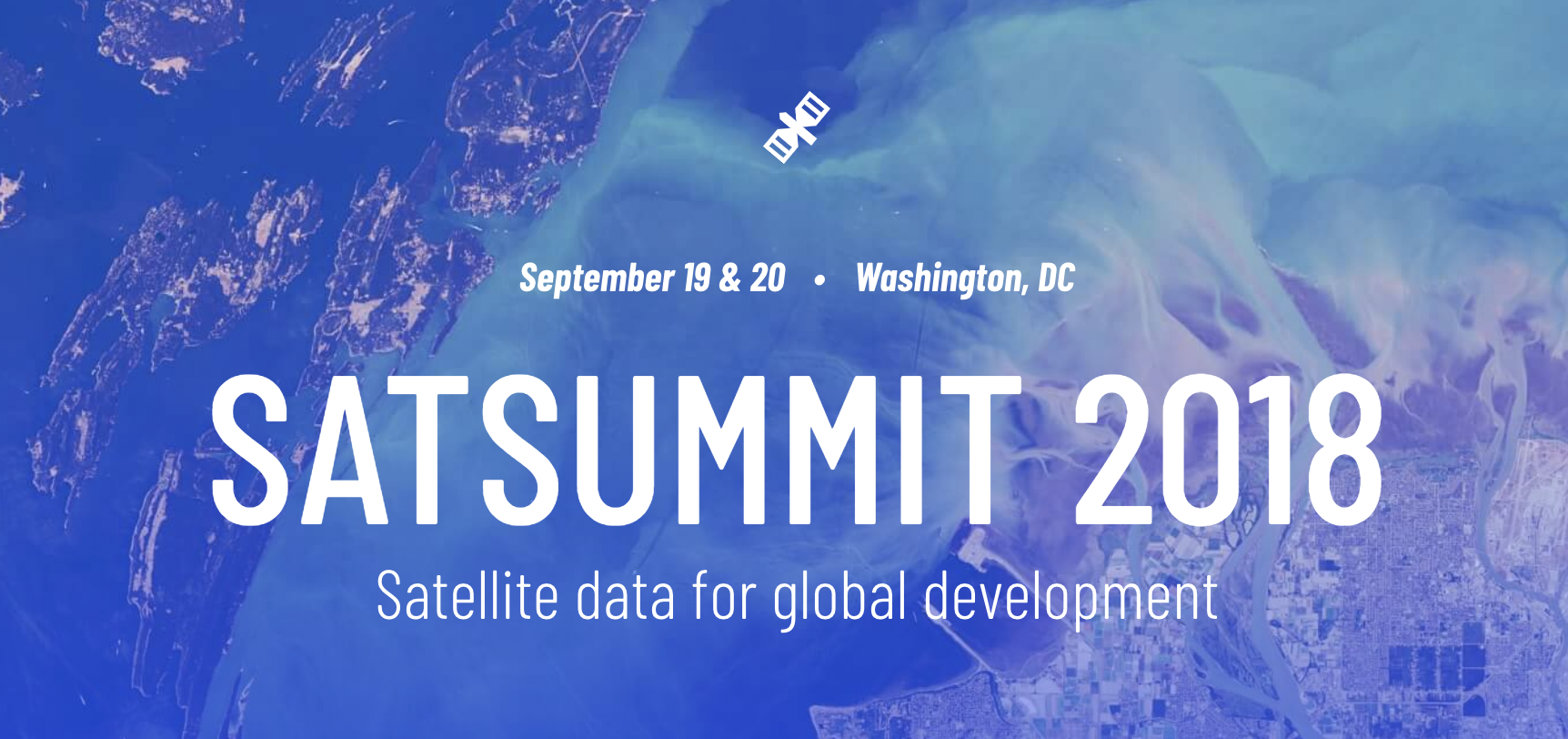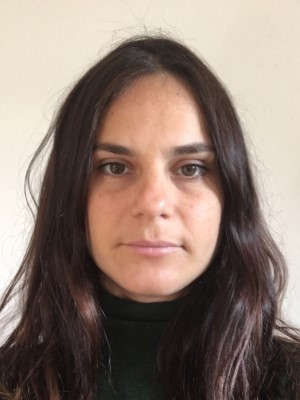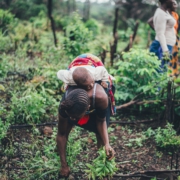Remote [Common] Sensing for Climate Resilience
A dictionary definition of common sense says it is “The basic level of practical knowledge and judgment that we all need to help us live in a reasonable and safe way”. And that is at the heart of what one project in the IPP portfolio – ‘CommonSensing’ – is doing in partnership with the Pacific island nations of Fiji, Solomon Islands and Vanuatu.
Among many others, these Small Island Developing States (SIDS) are at the frontline of the devastating effects of climate change; indeed, as I write this, Pacific SIDS are being savaged by Severe Tropical Cyclone Harold. Therefore, the immediate threat posed by climate change requires a global effort to not only help them recover from such devastating weather events in the short term, but also to become more resilient in future.
‘CommonSensing’ is using satellite remote sensing technology to help Fiji, Solomon Islands and Vanuatu with improved food security, disaster risk reduction and better access to international climate finance. Led by the United Nations’ Institute of Training and Research’s (UNITAR) Operational Satellite Applications Programme (UNOSAT), and with a consortium of partners including the Satellite Applications Catapult, Commonwealth Secretariat and University of Portsmouth, the project is in its third year, has provided technical training to a large variety of government representatives (policymakers), and is on track to deliver the agreed satellite and geospatial solutions.
In November, a small project team, accompanied by UKSA representatives, capitalised on being in-region for the Group on Earth Observations (GEO) Ministerial in Canberra by adding on a visit to meet with ‘CommonSensing’ stakeholders in Fiji. The weather was typical for that time of year – warm but rained heavily most days – so the delegation had a taste of how severe weather events suffered by so many SIDS (Small Island Developing States) around the world, exacerbated by climate change, can devastate infrastructure, crops and livelihoods.

The team met with a variety of stakeholders, including the British High Commissioner and a press conference hosted by the Permanent Secretary for Economy, to discuss climatic issues faced by Fiji (and other SIDS) and how ‘CommonSensing’ data will provide their government with more reliable information for better decision making, ultimately enhancing their probability of securing international climate finance. But what really struck us was how every person we met – from taxi drivers and hotel staff to senior government officials – was gravely concerned about rising sea levels and hugely valued the support being provided through programmes such as IPP.
We also visited two coastal villages and were invited to join traditional ‘kava’ ceremonies at each, during which the elders informed us of the issues faced on a daily basis due to rising sea and rainwater levels, and the defensive work being done to avoid these longstanding communities having to leave their homes permanently and move inland. We saw two different types of flood gates in place which seem to be highly effective in holding back seawater. However, such installations require significant national/international investment and are not always as extensive as they need to be; in one of the villages visited the local school was just metres from the beach and totally open to the elements. It was clear that further funding and better data to inform government planning are in urgent need.

The visit was also an opportunity to meet with the Fijian in-country representative (‘CommonSensing’ has recruited one for each of the targeted SIDS in addition to Climate Finance Advisors). Having such resource in place is a major advantage for IPP projects as they provide local knowledge and expertise, ensure ongoing engagement with key stakeholders and, through this, can often open doors which would not be accessible by the external project team.
Pacific SIDS are involved in another IPP project – ‘RE-SAT’ – which is delivering a Renewable Space Analytics Tool. IPP’s third competition also included a strategic call targeting Pacific SIDS in partnership with Australia and news on that will be released soon.
